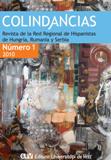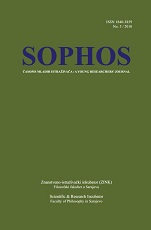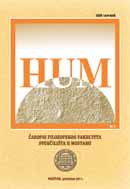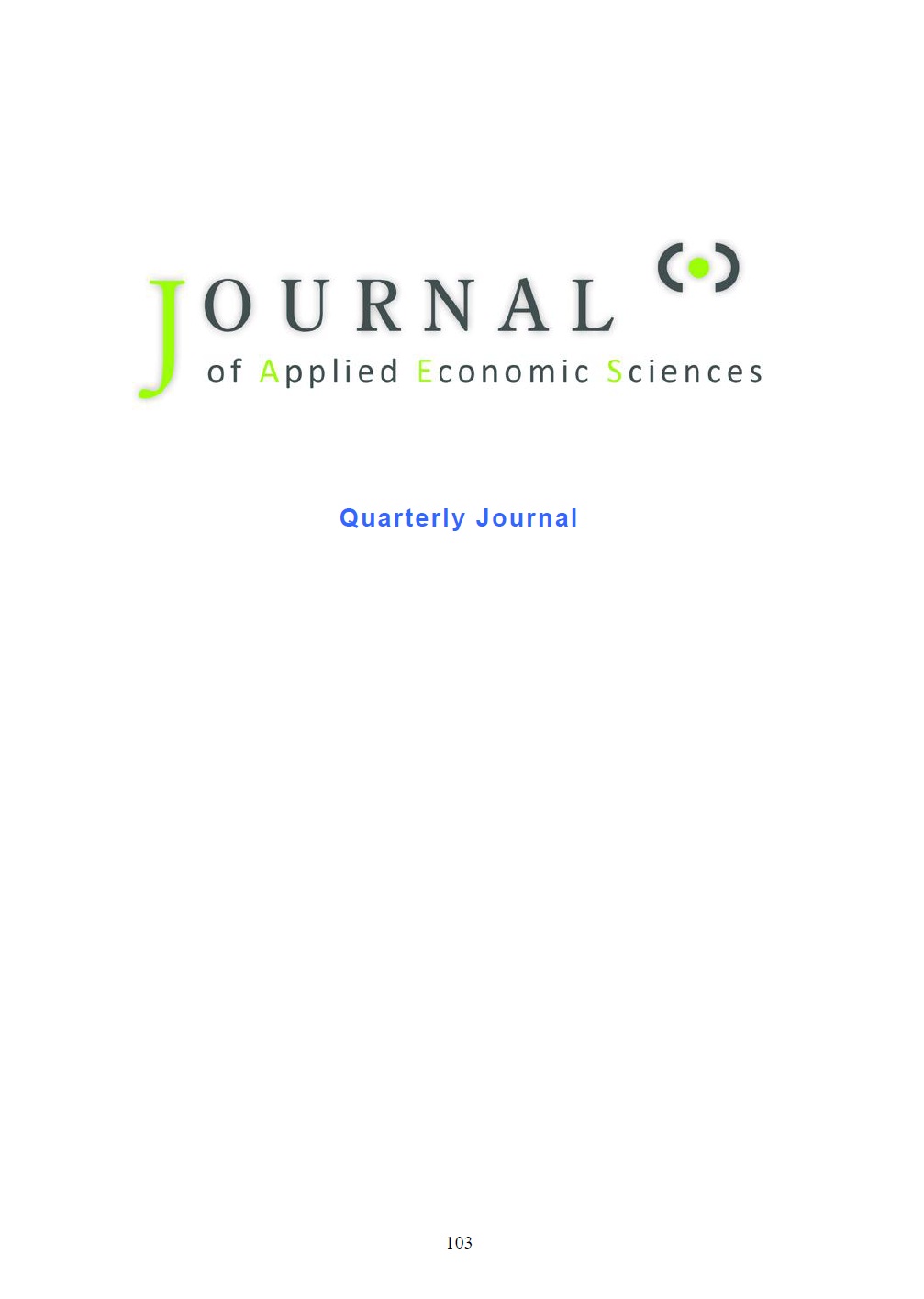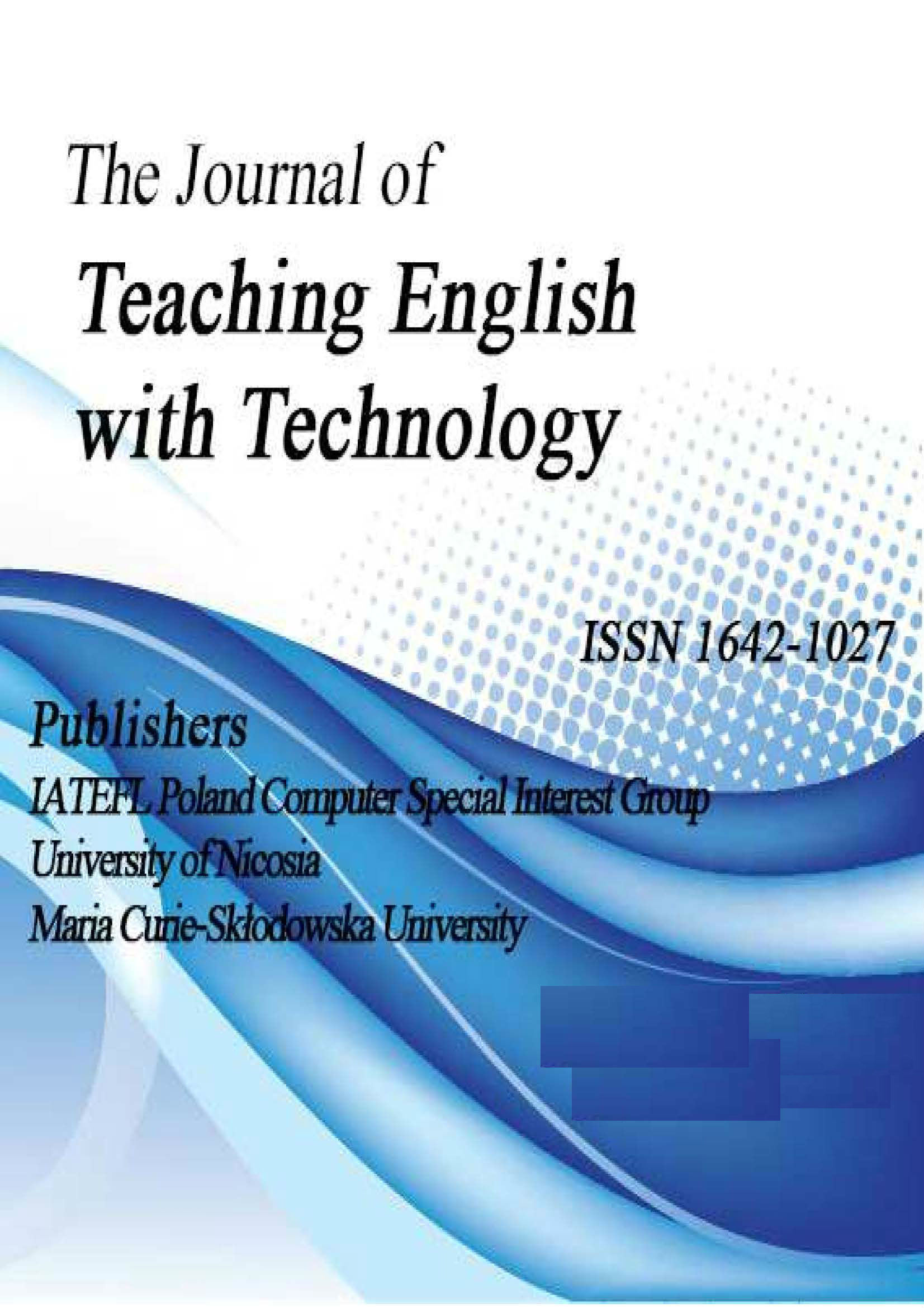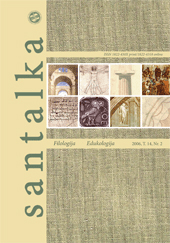
Learning Contracts in Second Language Acquisition
The paper presents the problem of control in self-directed language learning. The necessity for the registers of learners’ progress is expressed both by teachers and students and the conclusion to frame learning process is drawn. On the basis of some widely spread methods fostering the development of self-directed language learning, that is problem-based learning, project method, case-based learning, several registers for students progress could be introduced in second language learning environment The article analyses learning contracts as one of the forms to structure the learning process and to register the progress students make.
More...
